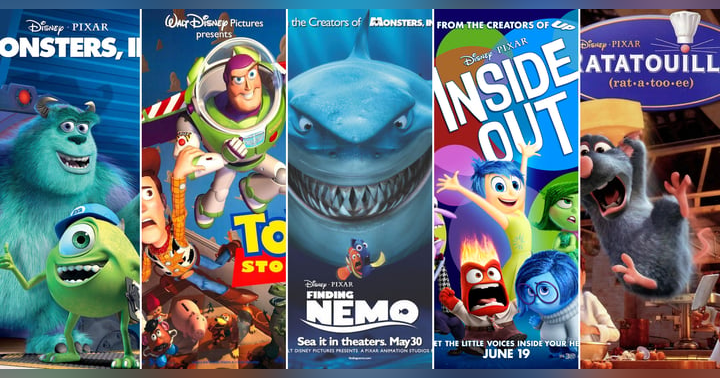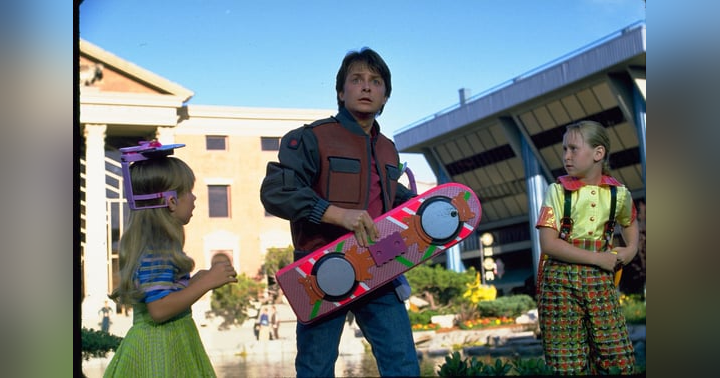The Impact of John Hughes Movies on 80s Kids

For kids growing up in the 1980s, few filmmakers captured the essence of youth, rebellion, and coming-of-age quite like John Hughes. His movies weren’t just entertaining—they were reflections of the struggles, triumphs, and awkward moments of teenage life. With a knack for authentic dialogue, relatable characters, and a deep understanding of what it meant to be a young person in that era, Hughes became the defining voice of a generation. His films didn’t just shape pop culture; they shaped the people who watched them. Whether you were a brain, an athlete, a basket case, a princess, or a criminal, Hughes had something to say to you. Here’s why John Hughes movies were—and still are—so important to the children of the 1980s.
1. He Understood Teenagers Like No One Else
John Hughes had an uncanny ability to tap into the teenage psyche. He understood the struggles of feeling misunderstood, the pressure of fitting in, and the excitement of first love. Unlike many other filmmakers who saw teens as caricatures or background noise in adult-driven stories, Hughes put them front and center.
Movies like The Breakfast Club (1985) and Sixteen Candles (1984) showed that teenagers weren’t just hormonal and reckless—they had depth, dreams, and fears. He gave them real conversations, genuine emotions, and, most importantly, respect. For kids growing up in the 80s, this was revolutionary. His films told them that their problems mattered, their emotions were valid, and they weren’t alone in their struggles.
2. He Gave Us Iconic, Relatable Characters
The beauty of a John Hughes film is that everyone could see themselves in at least one character. The awkwardness of Samantha Baker (Sixteen Candles), the frustration of Ferris Bueller’s sister (Ferris Bueller’s Day Off), the loneliness of John Bender (The Breakfast Club)—these were universal experiences.
Hughes’ characters weren’t superheroes or larger-than-life figures. They were regular kids dealing with parents who didn’t understand them, teachers who underestimated them, and crushes who didn’t notice them. Watching his films was like looking in a mirror.
For the children of the 80s, these characters weren’t just fictional—they felt like friends. And because of that, Hughes’ films have remained relevant, still speaking to new generations of teens today.
3. His Movies Were the Soundtrack of a Generation
If you were a teenager in the 80s, chances are John Hughes introduced you to some of your favorite songs. His movies weren’t just about storytelling; they were about atmosphere, and the music played a huge role in that.
Think of Simple Minds’ Don’t You (Forget About Me) at the end of The Breakfast Club—that song alone turned a movie scene into an anthem for misunderstood teens everywhere. Or how about OMD’s If You Leave in Pretty in Pink? Every one of Hughes’ films was packed with incredible music that defined the decade and still resonates today.
For 80s kids, these soundtracks weren’t just background noise; they were mixtapes for their lives. The music made the emotions in his films even more powerful and unforgettable.
4. He Made Misfits the Heroes
Before John Hughes, Hollywood teen movies often focused on the cool kids. The jocks, the cheerleaders, the popular crowd—they were usually the stars. But Hughes flipped the script. He made the weird, the awkward, and the outcasts the heart of his stories.
Pretty in Pink (1986) followed a girl from the wrong side of the tracks. Weird Science (1985) was about two nerds who couldn’t get a date. Some Kind of Wonderful (1987) gave us a love story where the best friend (a tomboy, no less) got the guy instead of the rich, perfect girl.
For kids who felt like they didn’t belong, Hughes’ films were a lifeline. They proved that being different wasn’t a bad thing—it was actually kind of great.
5. He Captured the Angst and Joy of Growing Up
Growing up is hard. It’s messy, confusing, and often feels like an emotional rollercoaster. John Hughes understood that better than anyone, and his movies didn’t shy away from the pain of being a teenager.
The heartache of first love in Pretty in Pink, the fear of getting older in Sixteen Candles, the feeling of being invisible in The Breakfast Club—these were real emotions that 80s kids felt deeply.
But Hughes also reminded us that growing up wasn’t all bad. There were moments of rebellion, like skipping school in Ferris Bueller’s Day Off. There was the thrill of breaking the rules, like in The Breakfast Club. And there was the magic of falling in love, like in Some Kind of Wonderful.
Hughes balanced angst with humor, reminding 80s kids that even when life felt overwhelming, there was always something to laugh about.
6. His Movies Defined the 80s—and Still Hold Up Today
There’s a reason why John Hughes’ movies are still beloved today. While they’re drenched in 80s nostalgia—big hair, cassette tapes, shoulder pads—the themes are timeless.
Every generation deals with crushes, heartbreak, peer pressure, and the fear of the future. Every teenager feels misunderstood at some point. That’s why kids today can still watch The Breakfast Club and feel like it was made for them.
But for those who grew up in the 80s, Hughes’ films were more than just entertaining—they were a cultural touchstone. They shaped the way an entire generation saw themselves, their relationships, and the world around them.
Why John Hughes Still Matters
For the children of the 1980s, John Hughes was more than just a filmmaker. He was a guide through the wild, unpredictable journey of adolescence. His movies made them laugh, cry, and most importantly, feel seen.
Decades later, his films still resonate. They remind us of a time when our biggest worry was whether our crush would notice us or whether we’d survive detention. They transport us back to an era of mixtapes, payphones, and skipping class just because we could.
John Hughes didn’t just capture the 80s—he captured what it means to be young. And that’s why his movies will always matter.















